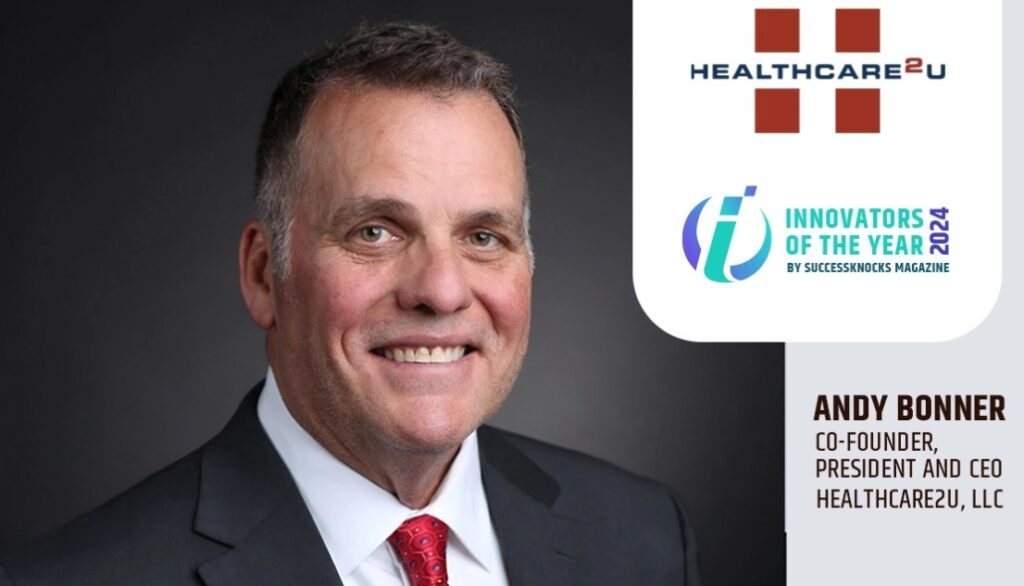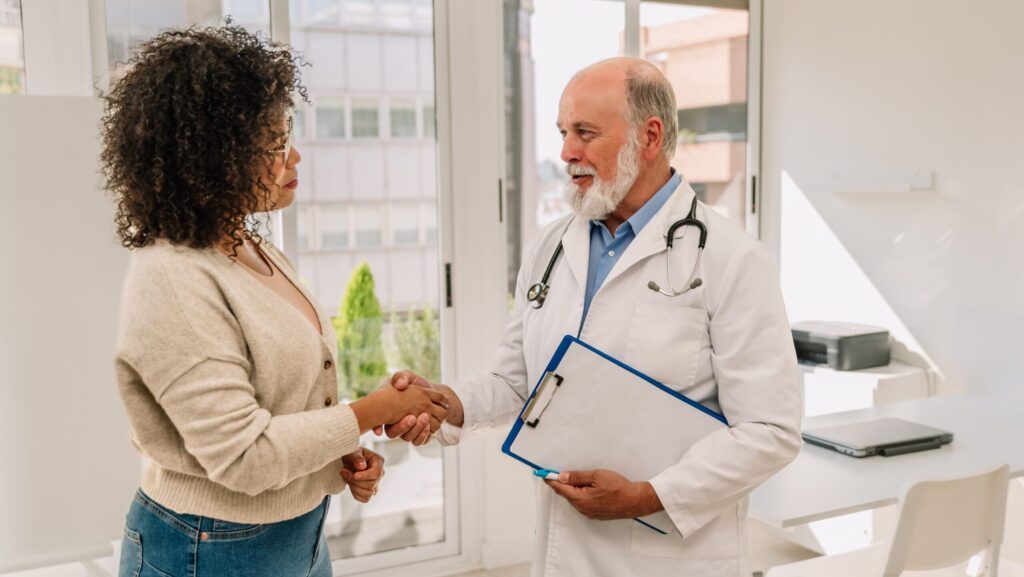In 2015, The Lancet published a report that found women contributed around $3 trillion to global healthcare, but nearly half of it (2.35% of global GDP) was unpaid and unrecognized. The report, which highlights women as both providers and as recipients of healthcare, outlines that women’s changing needs in both respects are not being met globally.
The authors concluded that gender equality and empowerment must be an integral part of the policies and interventions used to improve healthcare and human, social, and economic development in the decades to come.
This study underscored the fact that women’s distinctive contributions to society have been under-recognized and undervalued—economically, socially, politically, and culturally—for far too long. Women have held critical roles as members of the healthcare community and as caregivers in their families and communities for centuries. Here we will highlight two of these heroes and their contributions to healthcare.
Rebecca Lee Crumpler, MD (1831-1895)
In 1864, Rebecca Lee Crumpler became the first African-American woman to become a doctor of medicine in the U.S. Born in Delaware in 1831, she was raised in Pennsylvania by an aunt who took care of sick neighbors. Without a formal title, her aunt acted as a doctor in their community. Crumpler was deeply inspired by her aunt and sought to attend medical school.
It was almost unheard of for women or black men to be admitted to medical schools during the 1850s. But heavy medical care demands for Civil War veterans created more opportunities for women physicians during this time. In 1860, she was accepted into the New England Female Medical College while working as a nurse. Because of her talent as a medical apprentice, Crumpler was recommended to attend the school by her supervising physician.
Of the 54,543 physicians in the U.S. at that time, only 300 were women, and none were African Americans. After beginning her practice in Boston, Crumpler moved to Richmond, Virginia. She primarily cared for poor African American women and children as well as freed slaves who were denied care by white physicians.
While working for the Freedmen’s Bureau, she experienced intense racism by both the administration and other physicians. Even though she had difficulty getting prescriptions filled and was ignored by male physicians, she persevered to provide care for as many people as she could.
Ann Preston, MD (1813-1872)
Ann Preston was an American physician, activist, and educator. Born to a Quaker family in West Grove, Pennsylvania, she grew up in a community known as a haven for escaped slaves. Preston began work as a schoolteacher and soon grew interested in teaching women about hygiene and physiology.
Policies against admitting women prevented Preston from gaining admittance to medical schools, but in 1850 she entered the Quaker-founded Female Medical College of Pennsylvania (later changed to Woman’s Medical College of Pennsylvania in 1867) at the age of 38 as a student in its inaugural class.
After graduating with her medical degree in 1851, she became a professor of physiology and hygiene at the college in 1853. When the Philadelphia Medical Society barred female physicians from training in clinics, Preston helped establish a hospital where women could train. In 1866, she was appointed dean of the medical college and eventually won her students the right to train at the well-established Pennsylvania Hospital. Male students hissed and spat at the female students when they entered the surgical theater, but she remained undeterred. In response to an 1869 campaign to prevent women from studying alongside men, Preston wrote, “Wherever it is proper to introduce women as patients, there also is it but just … for women to appear as physicians and students.”
A Debt of Gratitude
The talents of men and women are both critical for the success of any society. It’s only by recognizing and celebrating the greatness of individuals, regardless of gender or ethnicity, that industries can benefit from their discoveries and innovations. From moms taking care of scraped knees to the nurses and physicians on the front lines during a global pandemic, find ways to celebrate and appreciate amazing women’s contributions to healthcare.







